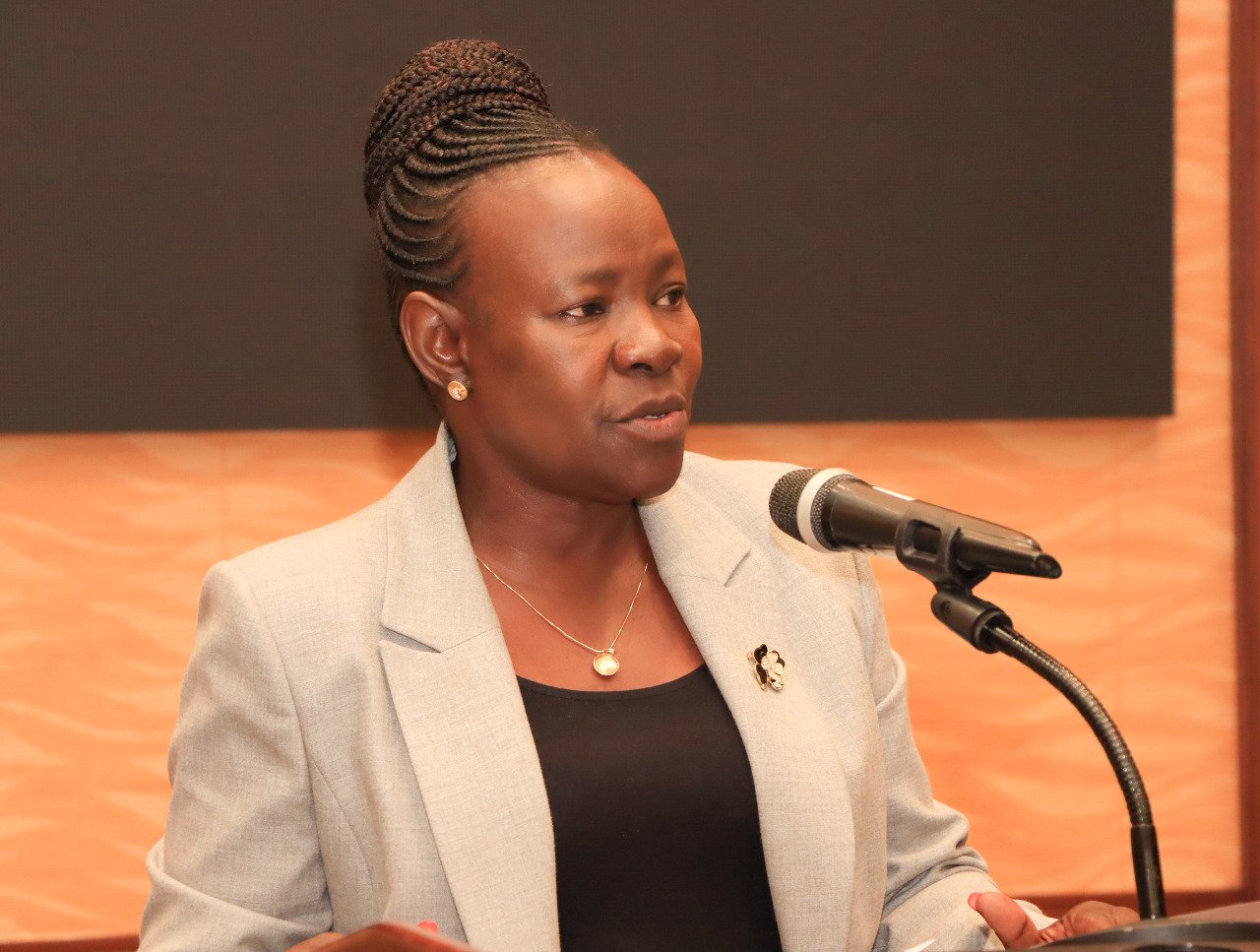Students enrolled in Technical and Vocational Education and Training (TVET) institutions in Kenya are set to benefit from expanded opportunities, including pursuing university education, through the newly formulated Kenya Credit Accumulation and Transfer System (KCATS) policy.
It is a significant stride towards education reform spearheaded by the Kenya National Qualification Authority (KNQA), whose aim is to facilitate a seamless transition for TVET students to universities, while concurrently affording university students the chance to acquire practical skill through TVETs.
Speaking in Naivasha during the KCATS workshop that is drafting the policy, Principal Secretary (PS) in the State Department of TVET Dr Esther Muoria emphasized the policy’s pivotal role in enhancing skills development, promoting skills transferability, and providing clarity in academic progression.
Dr. Mworia highlighted a prevalent issue where numerous university graduates lack manual skills, hindering their employability.
The new policy aims to bridge this gap by allowing TVET graduates to pursue Ph.D. courses and vice versa.
Dr. Muoria articulated the broader goals of the policy, emphasizing its alignment with national, regional and continental objectives related to learner mobility and lifelong learning.
The envisaged system is expected to facilitate fluid movement for learners across various programmes, including TVET institutions, universities and professional examining bodies.
Dr. Muoria underscored the government’s commitment to education reforms, acknowledging the existence of past commendable policies gathering dust on shelves.
She assured that concerted efforts will be made to fully implement the KCATS policy, aligning it with ongoing reforms geared toward empowering and skilling the youth for success in a competitive market.
Acting Director-General of KNQA Dr Alice Kande stressed the policy’s role in enhancing the skills development process, fostering skills transferability, and providing clear progression pathways within the qualification framework.
Emphasizing the significance of validating and recognizing learning, Kande highlighted these aspects as vital tools for establishing comparability of qualifications and formally acknowledging the validity of acquired skills.
Stanley Kiptis, chairperson of KNQA, framed the policy’s implementation as a strategic move aligned with the recommendations of the Presidential Working Party on Education Reforms (PWPER).
He emphasized that the KCATS policy stands as a crucial enabler of portability of qualifications, skills, services and workers, signalling a transformative era in the Kenyan education landscape.
By Viola Chepkemoi
Get more stories from our website: Education News
To write to us or offer feedback, you can reach us at: editor@educationnews.co.ke
You can also follow our social media pages on Twitter: Education News KE and Facebook: Education News Newspaper for timely updates.
>>> Click here to stay up-to-date with trending regional stories






